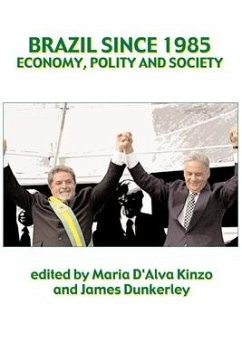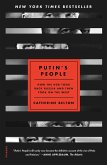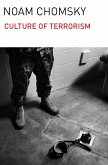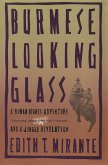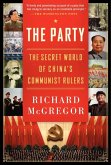Looking into Brazil's recent experience of democracy is an arduous undertaking, given the complexities of a country of continental size and great regional contrasts, where areas of prosperity and wealth mingle with underdevelopment and poverty. This book looks at some of the important issues involved in building up a democracy and keeping it working. How should we assess Brazil's experience of democracy? To what extent has the emergence of a democratic regime improved Brazilians' social, economic, and political life? Has democracy been consolidated to the point of making a political breakdown unthinkable or improbable? These are questions that any student of Brazil has to address. The answers to them, however, are far from simple. Contributors include Edmund Amann (School of Economic Studies, University of Manchester), Maria Celi Scalon (Insituto Universitário de Pesquisas do Rio de Janeiro), Carlos Antonio Costa Ribeiro (Universidade Federal de Minas Gerais), Mauricio Coutinho (Universidade Estadual de Campinas), Argelina Cheibub Figueiredo (Universidade de São Paulo), James Dunkerley (Institute of Latin American Studies and Queen Mary, University of London), Antonio Sérgio A. Guimarães (Universidade de São Paulo), Anthony Hall (London School of Economics and Political Science), Fernando Limongi (Universidade de São Paulo), Fiona Macaulay (Centre for Brazilian Studies, University of Oxford and Institute of Latin American Studies, University of London), Celso Martone (Universidade de São Paulo), Leandro Piquet Carneiro (Universidade de São Paulo), Mauro Porto (Universidade de Brasília), and Brasilio Sallum Jr. (Universidade de São Paulo).

